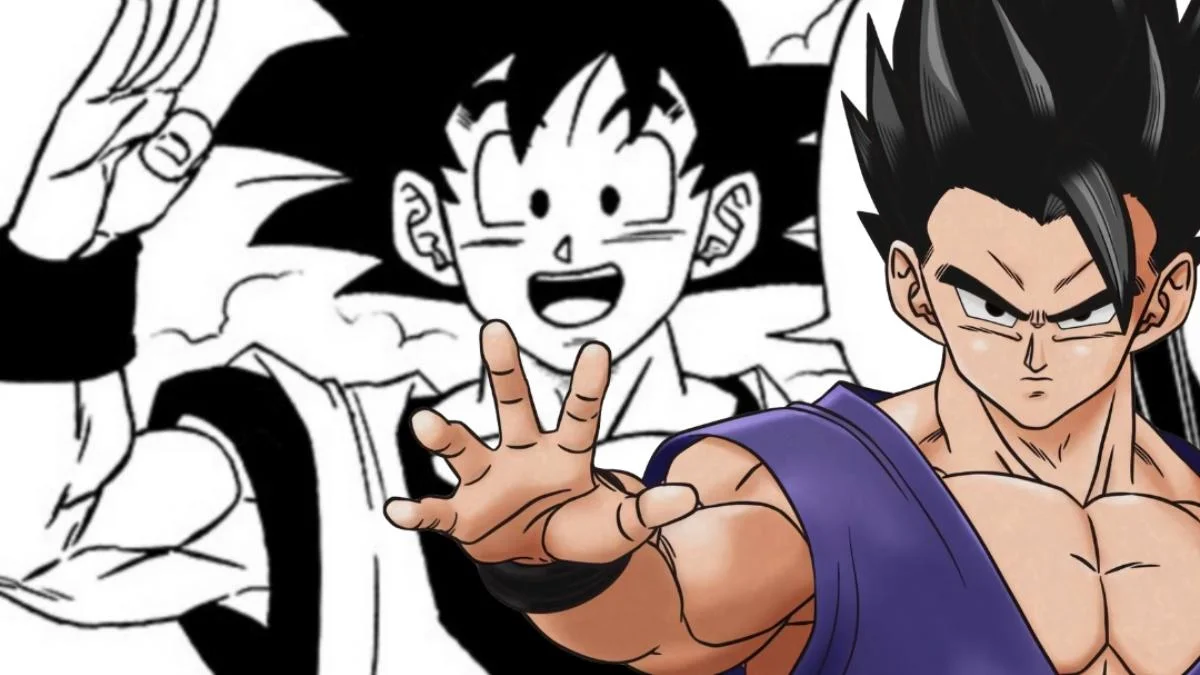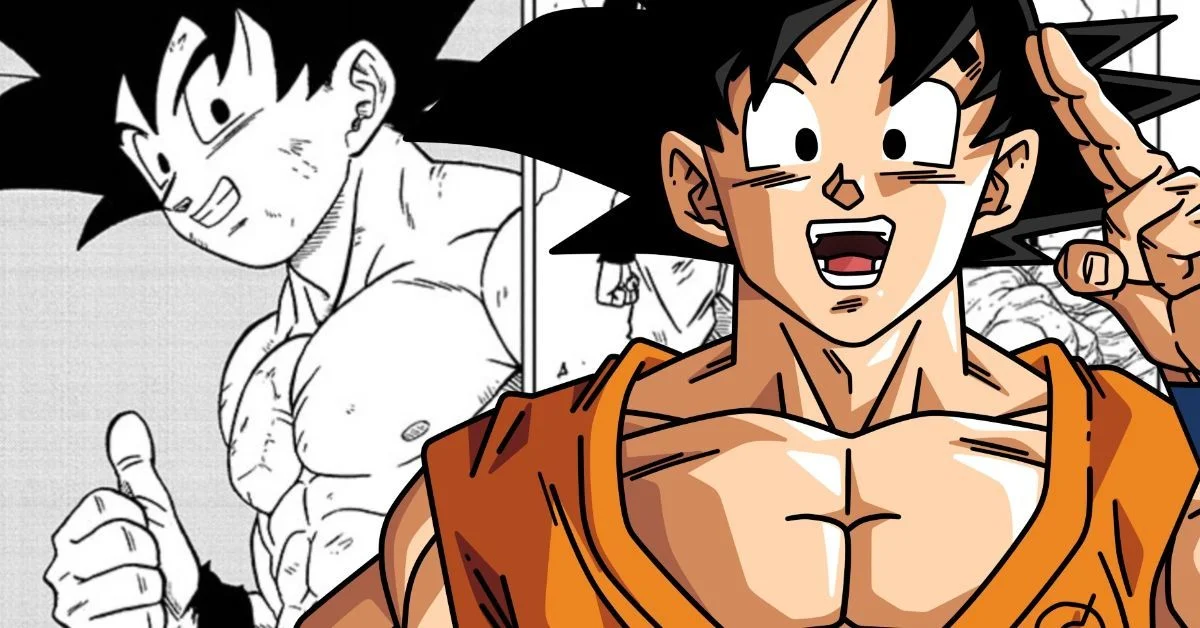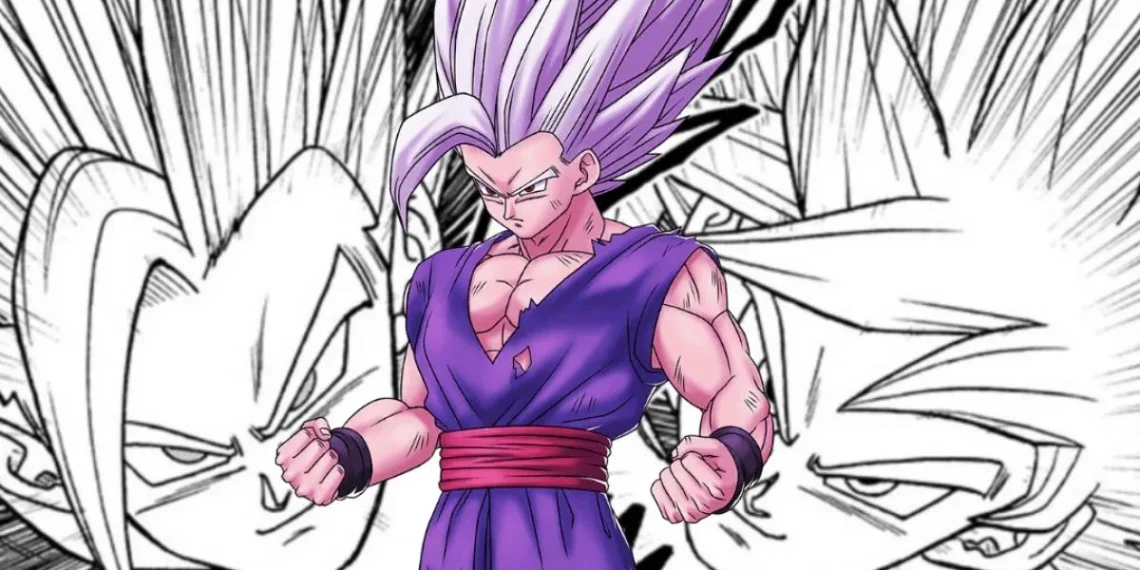Few Hollywood adaptations of anime have been as widely criticized as Dragonball Evolution (2009). Now, some of the original Dragon Ball editors have explained why the film turned out so poorly. In a recent interview with Dragon Ball editors Kazuhiko Torishima, Katsuyoshi Nakatsuru, and Kazuo Enomoto, Torishima revealed that Shueisha’s unwillingness to invest enough money to secure control over the script was the key reason for the movie’s failure.
According to Torishima, if Shueisha had invested around $50 million, they could have influenced the script and overall direction of the film. Without that investment, the production slipped out of Japanese control, resulting in a final product that he describes as the worst movie ever made.
Torishima, who was the original editor for Akira Toriyama’s Dr. Slump and the early chapters of Dragon Ball, has a deep connection to the franchise. He suggested that Toriyama shift the focus of Dragon Ball to martial arts, making him a pivotal figure in the series’ history.
Torishima’s regret over Dragonball Evolution stems from Shueisha’s decision to avoid taking a more active role in the production. He believes this decision reflects the company’s lingering hesitation toward the film industry, stemming from the failure of the 1981 film Daijobu, My Friend. That misstep made Shueisha cautious about movie investments, leading them to leave control of Dragonball Evolution entirely in Hollywood’s hands.
Shueisha’s Missed Opportunity and the Fallout

Torishima explained that he consulted with several lawyers in the U.S., who warned him that without financial investment in final cut rights, Shueisha would have no power to influence the movie’s creative direction. Despite this, Shueisha opted not to invest, hoping Hollywood’s influence would help bring Dragon Ball to a global audience. At the same time, the American edition of Shonen Jump was launched, but neither the film nor the magazine made the impact they hoped for.
The lack of creative control resulted in a film that ignored the tone and style of the original series. Dragonball Evolution altered key storylines, misrepresented characters, and failed to capture the humor and charm that defined the franchise.
Concerns about the Dragon Ball theme park in Saudi Arabia
🧵13/n pic.twitter.com/Q2aBwUrCW2
— Enomis (@Venixys) March 22, 2025
Torishima believes the film’s failure damaged Dragon Ball’s reputation and remains Shonen Jump’s greatest mistake. He also expressed concern that similar missteps could affect future projects, such as the upcoming Dragon Ball theme park in Saudi Arabia.
Given Torishima’s close ties to the franchise, his frustration with Shueisha’s handling of the movie is understandable. He also criticized Shueisha’s handling of Akira Toriyama’s passing, calling their response disrespectful. His remarks reflect both his personal investment in Dragon Ball and his broader concerns about how the franchise is being managed.
Dragonball Evolution’s Silver Lining

Despite the negative fallout from Dragonball Evolution, the movie’s poor reception had one unexpected benefit. Akira Toriyama was reportedly so dissatisfied with the film that he wanted to reclaim control over his creation. This frustration led to the development of Dragon Ball Z: Battle of Gods (2013), which revived the franchise and laid the foundation for Dragon Ball Super and Dragon Ball Daima. In a roundabout way, Dragonball Evolution became the catalyst for a new era of Dragon Ball, reinvigorating the franchise and introducing it to a new generation of fans.
Even with this positive outcome, Torishima remains critical of the film itself. He believes that Dragonball Evolution’s failure stemmed from Shueisha’s refusal to invest in creative control, a mistake that could have been avoided. As Dragon Ball continues to thrive with new content and global popularity, Torishima hopes that Shueisha will avoid similar missteps in future adaptations.





